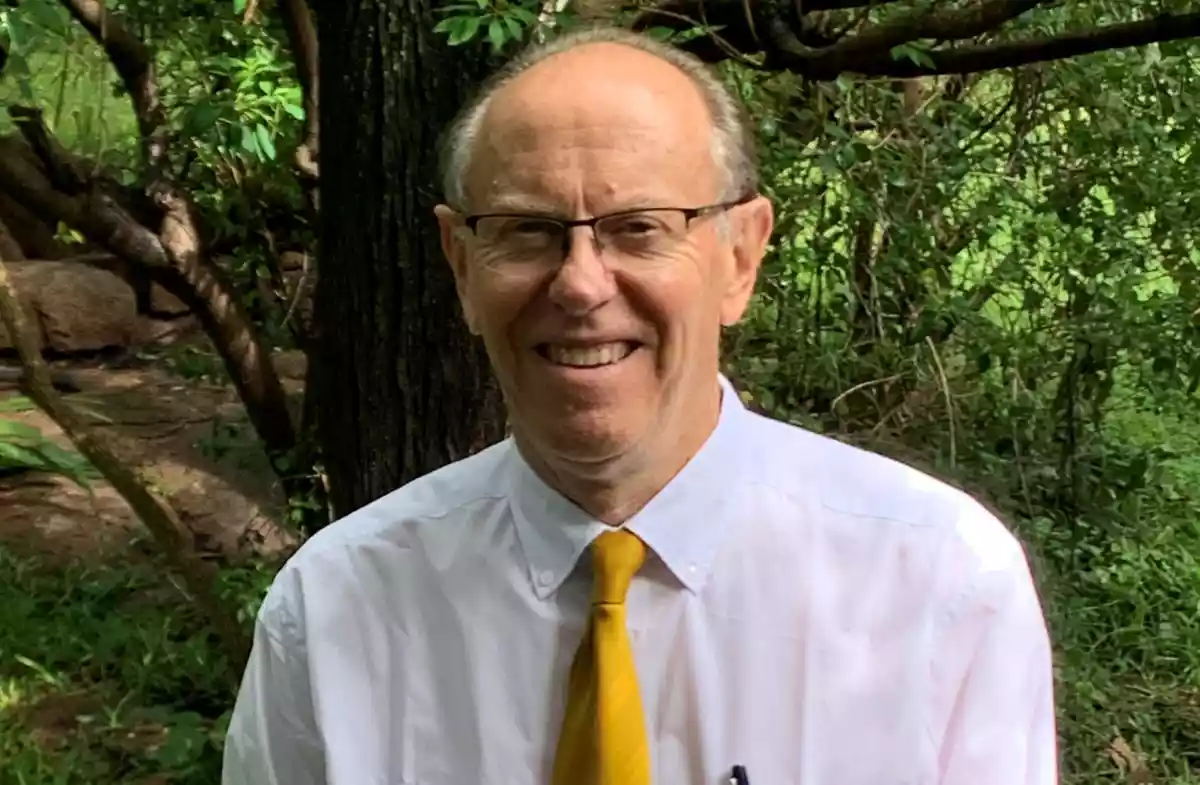
BY FREEMAN MAKOPA
ZIMBABWE’S seed producers said yesterday their operations have been affected by high bank interest rates and lack of access to funding.
Zimbabwe Seed Association president John Mcrobert said high interest rates also meant that seed produced in the country would be expensive on the international markets, making it difficult for breeders to export and earn foreign currency.
Interest rates have been among several hurdles impending production in the sector, which is vital for ensuring food security for the country and earning foreign currency through exports.
Under a recovery plan rolled out through the National Development Strategy 1 this January, Zimbabwe looks up to its mining, tourism, manufacturing and agricultural sectors to spearhead the turnaround.
“Financing is the biggest of issue as the cost of money in terms of interest rates charged by banks is very high,” Mcrobert told NewsDay Business.
“The facilities are not readily available when the industry need them especially now when we need to pay seed growers. The other issue is the exchange rate distortions whereby seed growers are demanding that they be paid using the prevailing market rates and yet the major customer, the government, uses the prevailing bank rate. This makes it very difficult for the seed companies,” he said.
At its last meeting in April, the Reserve Bank of Zimbabwe’s monetary policy committee (MPC) maintained the bank rate at 40% and the interest rate on its key medium term accommodation facility at 30% per annum.
- Chamisa under fire over US$120K donation
- Mavhunga puts DeMbare into Chibuku quarterfinals
- Pension funds bet on Cabora Bassa oilfields
- Councils defy govt fire tender directive
Keep Reading
The central bank has been avoiding tracking inflation in its interest rate decisions, maintaining the rate at double digit against a triple digit inflation rate.
The MPC moved to give relief to SMEs by availing a $500 million facility, but as seed producers indicated, it has been difficult for firms to access funding.
“Zimbabwe is a costly seed production environment given the prevailing economic conditions. Potentially, seed can be an export commodity, earning some forex but we are not competitive hence it will be difficult to penetrate the Comesa (Common Market for East and Southern Africa) and Sadc (Southern African Development Community) markets. This is related to the high grain prices promulgated by the government, compared to the regional grain prices in US dollar terms at the bank rate,” Mcrobert said.
He added that Zimbabwe has been importing vegetable seed due to lack of expertise to produce it locally.
“The main seed imports are for vegetable and sunflowers,” he said.
“Currently, no hybrid sunflower seed production is occurring in Zimbabwe, but a number of seed companies and the Crop Breeding Institute of the Agriculture ministry . . . are conducting breeding to produce sunflower varieties for the local market. The vegetable seed industry, especially that based on hybrids, is highly specialised. Consequently, most of the vegetable seed is imported from the Far East, India and Europe. However, some seed companies are producing OPV (open pollinated variety) vegetable seeds in Zimbabwe, and as the horticultural industry continues to develop, opportunities for local seed production will open up,” he noted.
He said following good rains this year, the country would produce most of its seed requirements.
“Based on the area planted and the good season experienced, Zimbabwe should have sufficient maize, sorghum and soyabean seed. However, for groundnuts the high rains brought with them a lot of diseases and reduced yields, especially on sandy soils. The early cut-off of the rain season affected late planted crops like sugar beans and cowpeas. Nevertheless, no significant shortages of seed in the field crops is expected this year,” Mcrobert said.
- Follow Freeman on Twitter @freemanmakopa










